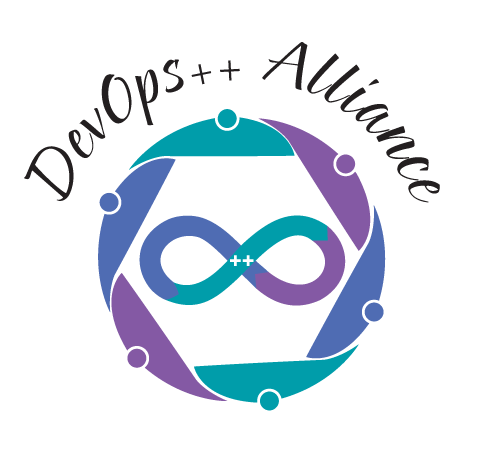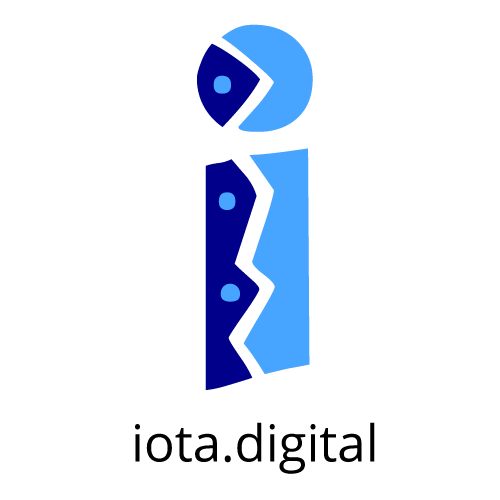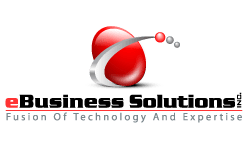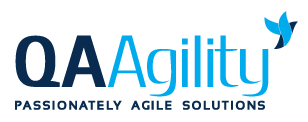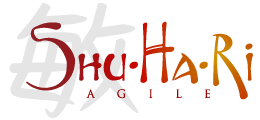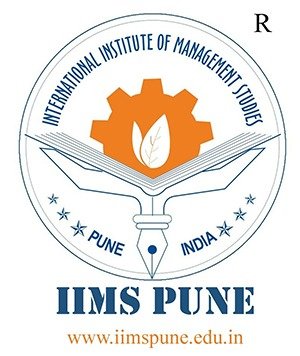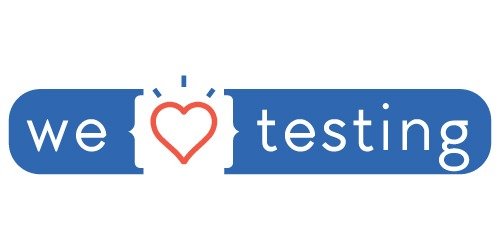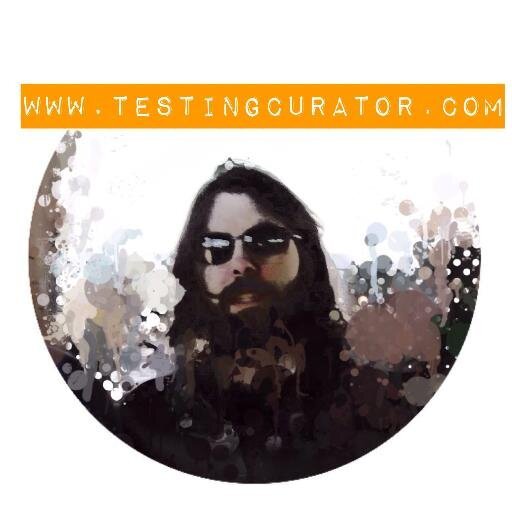WORKSHOP
- Workshop 1
- Workshop 2
- Workshop 3
Pre-Conference Workshop - #ATAGTR2017

George Dinwiddie
Software Development Coach & Consultant, U.S.A
Title: Advanced BDD Distillation of Essential Examples
Date 15th March 2017
Time 9:30 am to 5:30 PM
Venue O Hotel Pune
Workshop Mentor – George Dinwiddie
This one-day workshop will teach you expert-level techniques for discovering the essential elements of the system you are building and for expressing those elements in a manner that supports both maintainable test automation and durable documentation.
Among the takeaways from this session:
1. What is BDD and the ways that it helps
2. The differences and synergy between rules and examples
3. Example Mapping, a structured conversation for requirements elicitation
4. Fleshing out examples in gherkin
5. Conversation patterns for discovering new cases
6. Distilling the essence of examples from incidental details
7. Refining existing examples
8. Practice these techniques using case studies
Post-Conference Workshop - #ATAGTR2017

Ajay Balamurugadas
Software Product Evangelist, Tyto Software Pvt. Ltd.
Title: Exploratory Testing in DevOps and Agile Projects
Date 18th to 20th March 2017
Time 9:30 am to 5:30 PM
Venue O Hotel Pune
Workshop Mentor – Ajay Balamurugadas
Get all your questions answered in the hands-on workshop and experience the power of exploratory testing in DevOps projects
High-level Course Content:-
1. Introduction and Acknowledgements [ 1 hr ]
2. Scripted vs Exploratory Approach [ 1 hr ]
3. Understand the context and mission [ 1 hr ]
4. Planning, Estimating in ET [ 3 hrs ]
5. Types of Exploration [ 1 hr ]
6. Charters and Sessions [ 1 hr ]
7. Test ideas and bugs [ 2 hrs ]
8. Different quality criteria and how they can be achieved in ET [3 hrs]
9. How do you achieve coverage [ 1 hr ]
10. How do you report in ET [ 1 hr ]
11. Tools [ 1 hr ]
12. ET in Different Projects [ 1 hr ]
13. Continuous Learning [ 1 hr ]
14. Demo and Exercises [ 6 hrs ]
Who should attend?
1. Anyone involved in defining a DevOps Testing strategy
2. Quality Assurance Managers
3. Testers and Quality Assurance Teams
4. Software Engineers and DevOps Engineers
5. IT Managers
6. Project Managers
7. Release Managers and delivery staff
8. Maintenance and support staff
What will I get?
1. Course Material
2. Training Slides
3. Sample documents, templates, tools and techniques
4. Course Completion Certificate
5. You can directly appear for CP-ET exam post this program
Post-Conference Workshop - #ATAGTR2017

Mukta Aphale

Valerian D’Souza
Steering Committee Member, Agile Testing Alliance
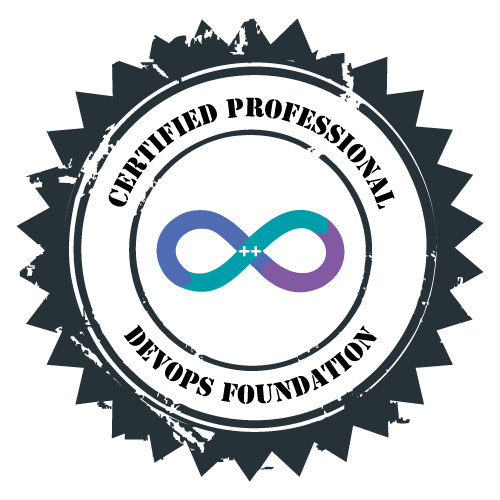
Title: Certified Professional DevOps Foundation
Date 18th to 20th March 2017
Time 9:30 am to 5:30 PM
Venue O Hotel Pune
Workshop Mentor – Valerian D’Souza
What is CP-DOF course?
CP-DOF stands for “Certified Professional – DevOps Foundation” certification prepared and honored by “Agile Testing Alliance”. The course is applicable for all roles and knowledge, experience & certification is consciously designed all the roles in DevOps.
How is it useful?
Leading organizations have adopted the DevOps approach to deliver in-time software. DevOps has quickly become the most hyped, overused and ambiguous term in IT. It is being used to reference everything from job titles (DevOps is not a job title!) to technology practices, but the truth is that DevOps is more of a culture than anything else. It is about transformation, about building quality in, improving productivity and about automation in Dev, Testing and Operations.
CP-DOF is a one of its kind initiative to marry 2 distinct worlds of Agile and Operations together. Learn DevOps fundamentals along with Continuous Integration and Continuous Delivery and deep dive into DevOps concepts and mind-set.
CP-DOF is the first step in DevOps roadmap. Certified CP-DOF professionals are eligible for next level of certification called CP-DOF Advanced.
Day-1
1. DevOps Fundamentals
2. Agile and DevOps Concepts
3. DevOps history, Why, When and How? 2009-2017
4. DevOps Various Propounded Principles
5. DevOps Life Cycle
6. DevOps Jargon
7. Salaries and Career Growth
8. Software Configuration Management (SCM)
9. Configure Manage everything
10. Artefact-ing
11. Application Life-Cycle Management (ALM)
12. Repository Management (GIT)(Artifatory)
13. Continuous Integration/Delivery (CI)(Jenkins)
14. Best Practices Version Management and Control
Automated Build
15. Code Coverage (SonarQube)
16. CI at every Check-in. (Continuous Testing)
17. CI Servers
18. Continuous Release / Deployment (CD)(Jenkins)(Ansible)
19. Anytime Deployable software building culture
20. Automated Deployment using QA checks in-built
21. Every Change/Check-in leads to feedback
22. Mines survival concept (Canary Release)
23. Gradual and stealth releases (Dark Launches)
24. Monkey Disruptions (Simian Monkeys – Conformity, Janitor, Chaos)
Day-2
1. Continuous Monitoring
2. Monitoring the DevOps performance metrics & success factors
3. Automation – almost everything
4. Infrastructure Management
5. Binary Artifacting
6. Infrastructure built by code
7. Single point access to Logs
8. Shared Monitoring systems
9. Run-time Server Configuration Management to avoid Drift
10. Immutable Infrastructure (Infrastructure as a non-changing image)
11. Containerization (Docker)
12. Service Discovery Protocols
13. Virtualization to create Golden Images
14. Infrastructure as Code
15. Tools – Jekins, Git, Chef, Puppet, Docker, Artifactory, SonarQube, Maven, JBoss.
16. DevOps Anti-patterns
17. Manually Deploying Software
18. Manual Configurations of Production Environment
19. Ice cream cone
Day-3
1. DevOps Culture
2. Different people will do different things to solve problems
3. Everybody should understand what others in the same team are doing
4. We grow systems and knowledge
5. Trust
6. Experimentation & improvement
7. Safe to fail environment
8. How well do we cultivate knowledge?
9. Reward those who help others learn
10. You just can’t hire in cultural change
11. Useful DevOps Tools Groups by category
12. Databases
13. Operations App Stack
14. Operating Systems
15. Cloud Containers
16. Continuous Integration
17. Configuration Management
18. Scripting
19. Top Skills in Demand in DevOps environment
20. Case Study
21. Create and use Docker VM effortlessly
22. Managing and versioning of code
23. Build Process
24. Integrate Jenkins and Github with commit as trigger
25. Continuous Testing
26. Continuous Deployment
27. Running the pipeline

